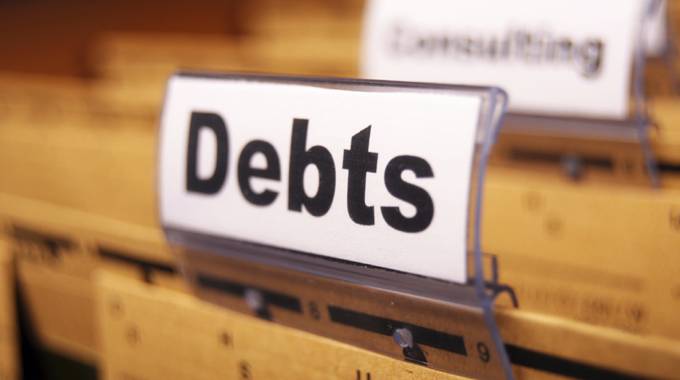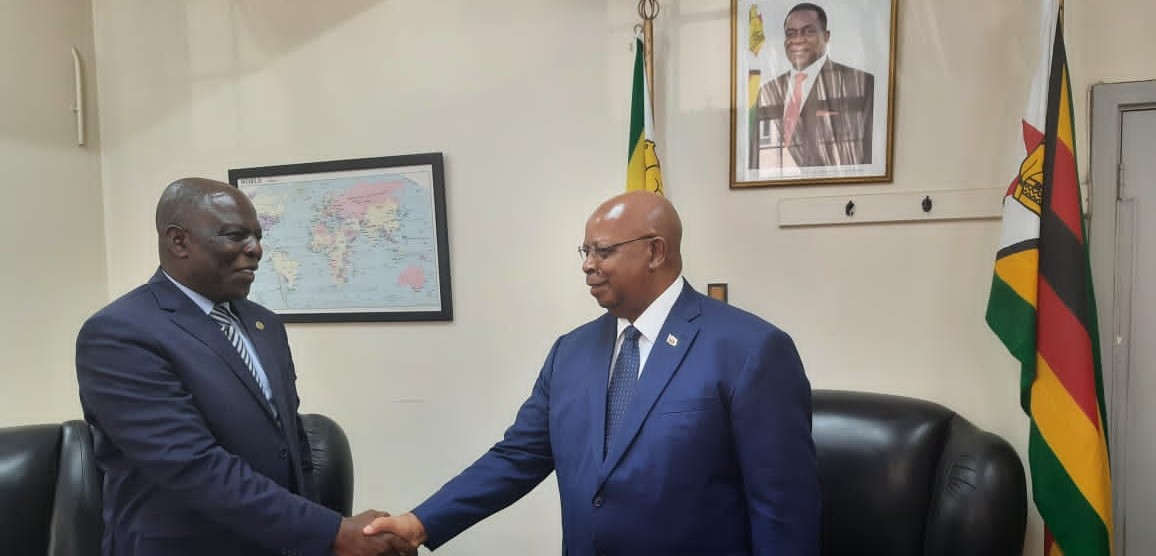Debt hampers women’s economic potential

Enacy Mapakame
Zimbabwe, like many countries in Africa and across the world is constrained by high public indebtedness, a situation experts say requires immediate practical solutions to resolve given its widespread negative impact, including the strain on women’s ability to realise their full potential in the economy.
Upcoming entrepreneurs and other marginalised women, especially in rural areas, have mainly been at the receiving end of the debt overhang, which the Second Republic inherited and whose resolution it has made one of its top priorities. For the fairer sex, high public debt constraints push many into unpaid and care work.
Experts say the effect of debt contraction and repayment leaves women in invidious situations as debt obligations result in significant revenues having to be channeled towards debt servicing, reducing allocations that can be made available for social service delivery and infrastructure that directly benefit women.
Another challenge that results from high public debt situations for women is the impediments this creates to access to finance for women-led start-up businesses while more efforts are put towards taking care of families by women and girls, with some dropping out of school.
Zimbabwe has not been able to access new lines of credit from multi-lateral financial institutions like the International Monetary Fund, World Bank and African Development Bank (AfDB) since the turn of the century, which claim that it is in arrears on obligations from old loans.
Portfolio Committee on Gender and Women Affairs Chido Madiwa said it was worrisome that most African countries’ borrowings did not directly benefit the marginalised women, especially in the rural areas, while little was done to invest towards mechanisms that support victims of violence against women.
“A quick review of debt by African countries shows that it’s mainly for physical infrastructure, roads, and agriculture and very little is borrowed say for social infrastructure, education, healthcare, or fighting violence against women.
“Very few countries are borrowing to address violence against women.
“We borrow to commercialise agriculture and modernise it with new technologies, but how many women say in remote rural areas benefit directly from this, can they access that same technology,” she asked at the just-ended debt conference in Bulawayo hosted by the African Forum and Network on Debt and Development (AFRODAD).
She said while investing in road networks was a noble idea, very few women are employed in those road construction projects.
This leaves women confined to very low margins income-generating projects such as selling fruits and vegetables, water and soft drinks by the roadside.
“We want women to have access to social services using nice roads. But the same women we are talking about are in remote areas, in the mountains where they cannot even access markets with their produce.
“They cannot access those same roads we are borrowing for because this is invested in highways, big cities and towns. At the end of the day the money is not directly benefiting women who continue to suffer,” she said.
She added that women were also left out of key decision-making processes during debt contraction making them just recipients of policies.
Zimbabwe’s current debt is estimated at US$16,7 billion as at end of June 2022. Of this total Public and Publicly Guaranteed (PPG) debt, US$13,2 billion is external debt while US$3,5 billion is domestic debt.
Young Women for Peace Building’ Grace Chirenje emphasised the need for reframing budgetary allocations and investing in systems that address resilience and gender inequalities to ensure the total emancipation of marginalised women.
“Women experience debt and poor public financing in both private and public lives while they suffer from lack of knowledge and information, poor taxation policies, poor social service delivery, unpaid care and domestic work
“The key question to ask is how do we facilitate equality for both men and women as we look at debt and development? There is a need to organize and facilitate interpersonal understanding of issues to do with public finance, debt and inclusive development to ensure sustainable economic growth,” she said.
She also highlighted the need for investments in social protection systems, gender-responsive public services, infrastructure, public sector jobs and a people’s budget.
A people’s budget must strengthen social protection systems, promote affordability, accessibility and inclusivity of healthcare and education delivery systems.











Comments